Received your coronavirus vaccination booster dose? Maybe you are even wondering if you need it? In this article, allow us to shed some light on the third Covid-19 vaccine booster shot.
Let’s look at why a booster dose is recommended by government authorities and the medical industry. Let’s also discuss the effects of mixing vaccines and the countries that are starting to require travellers to get their booster shots to enter and/or visit public spaces.
How does your vaccination booster dose affect your travel plans?
 What are booster shots?
What are booster shots?
A booster shot is meant to increase levels of immune responses. Simply put, a booster tricks the immune system into thinking that it is again seeing a pathogen. Once it does, antibody-producing cells, and other immune cells, go into action to protect you.
Why are booster shots recommended?
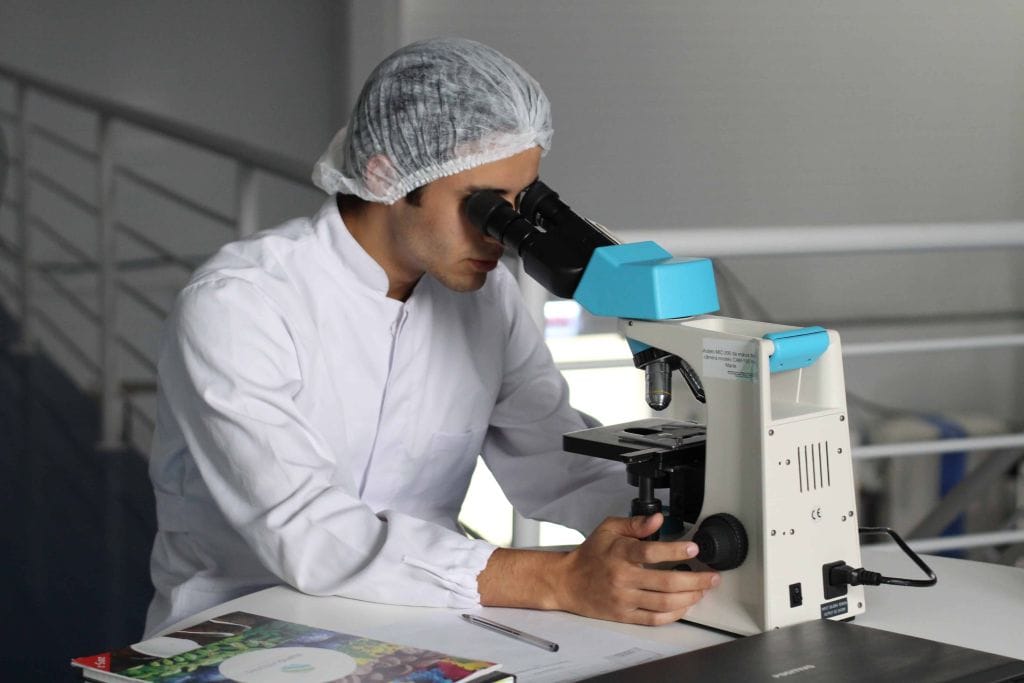
You may be wondering if Covid-19 vaccination is effective if booster shots are recommended. One way to answer this question is to consider the vaccine’s efficacy in preventing severe infection and death and in stopping transmission and/or acquisition of this virus.
Studies have found that two doses of the AstraZeneca and Pfizer vaccines provide 79% and 90% protection respectively against hospitalisation and death. However, vaccines are not as effective in preventing the transmission and acquisition of this virus. Booster shots aim to plug this gap.
Should you mix vaccines?

A study published in the New England Journal of Medicine compared those in Israel who received 2 doses of the Pfizer-BioNTech Covid-19 vaccine with those who received the 2 doses plus the same vaccine as a booster.
Results found that those in the boosted group were 11.3 times less likely to get infected with the Covid-19 coronavirus and 19.5 times less likely to have severe Covid-19 than those in the un-boosted group.
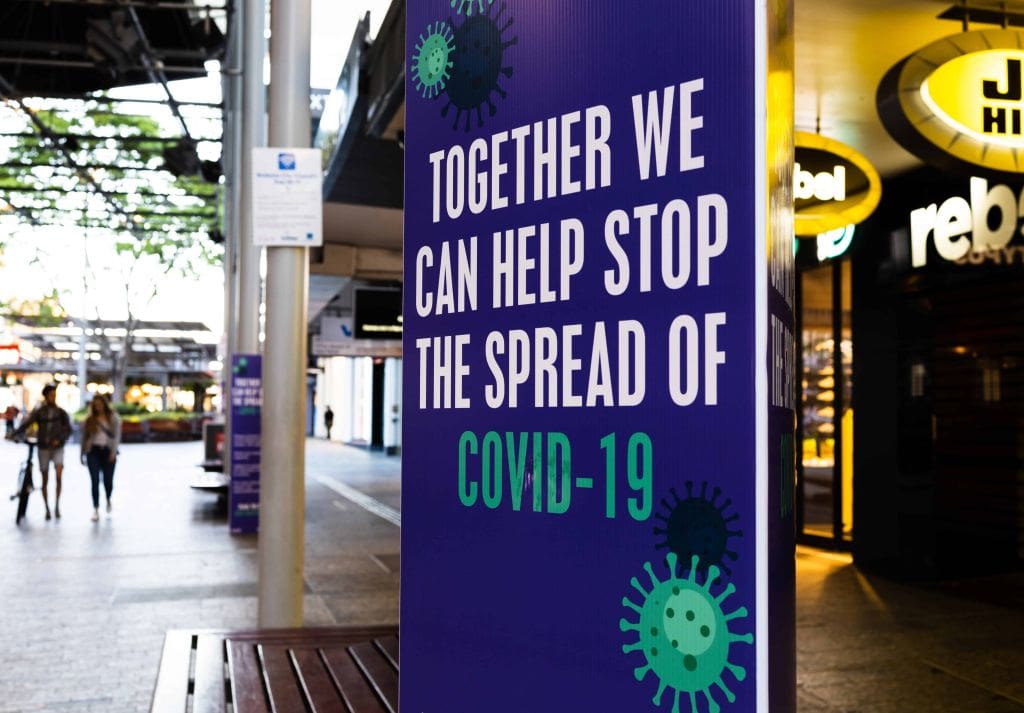
Malaysian researchers, the US FDA and CDC currently support heterologous boosting, i.e., the “mix-and-match” approach that allows people to choose a different vaccine for their booster than the one they started with. Do note that it is difficult to compare the performance of boosters as all of us have different antibody levels at the start.
Now, let’s look at the latest research.
All boosters increase antibodieS
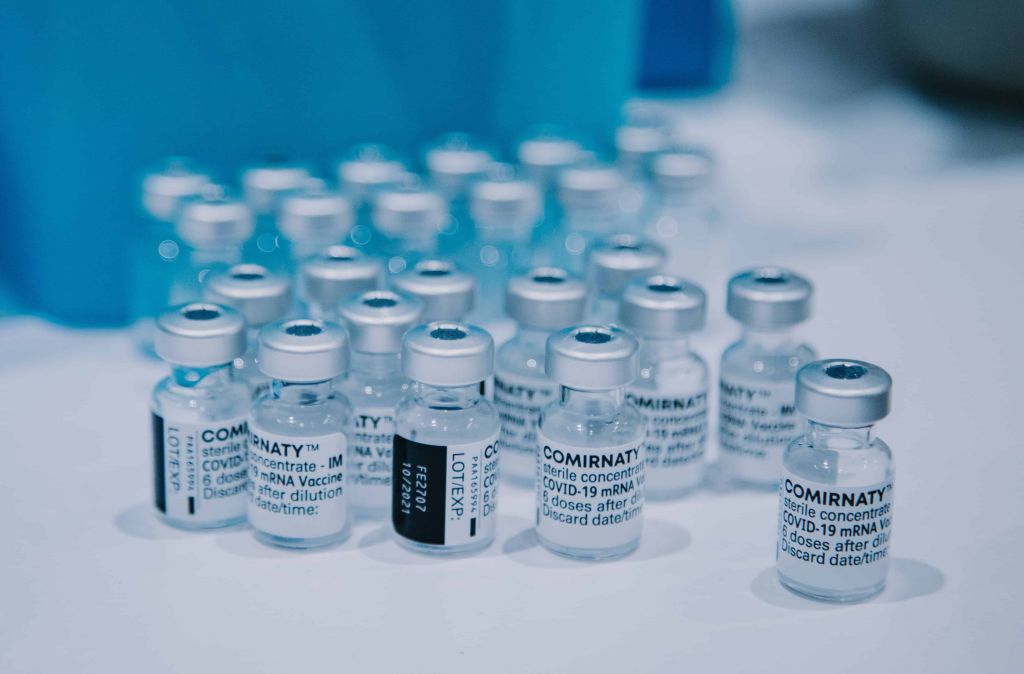
The Lancet (a weekly peer-reviewed general medical journal. A trusted source of information in the medical industry) published an article that found a 25-fold increase in antibodies for those that received two doses of AstraZeneca vaccine then a Pfizer booster.
This article is based on a study of almost 3,000 people who received a booster dose two to three months after their vaccination. It found that for those who received a Moderna booster (following AstraZeneca), antibody levels increased 32-fold.
Among those who had Pfizer for their first two shots, a third Pfizer dose saw antibody levels rise more than eightfold.
What about a Sinovac Booster?
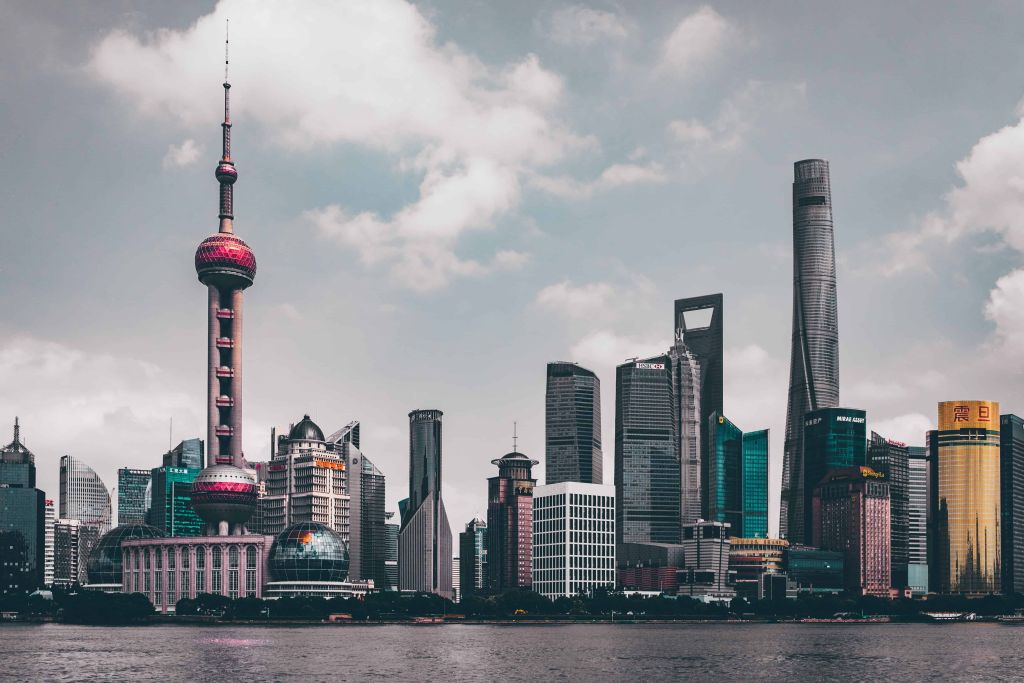
Although a Sinovac booster also increased antibodies, results were better when a different vaccine was used, according to this study that included 1,240 volunteers from Sao Paulo and Salvador.
What if you have received Sinovac vaccination and a Sinovac booster? Preliminary results of a study conducted by the Pontifical Catholic University in Chile showed that the-19 Sinovac booster dose could activate cellular immunity against the Omicron variant. This study was done on individuals that received two doses of the same vaccine previously. The study found those who have received the Sinovac booster dose had T cell levels that are activated against the Omicron variant in a similar way to the original virus.
KKM’s guidelines for booster shots
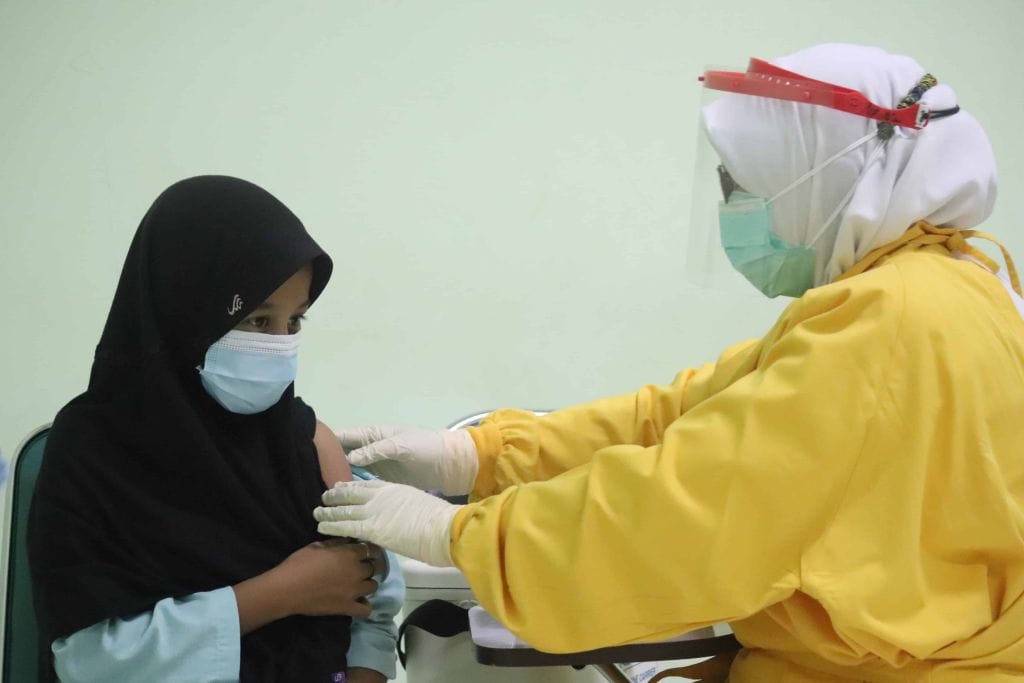
- Individuals who are vaccinated with Comirnaty (Pfizer), are required to get a booster (Comirnaty [Pfizer] or AstraZeneca), three months after their second dose.
- Individuals who are vaccinated with AstraZeneca, are required to get a booster (Comirnaty [Pfizer] or AstraZeneca), three months after their second dose.
- Individuals who are vaccinated with Coronavac (Sinovac), are required to get a booster (Comirnaty [Pfizer], AstraZeneca, or Coronavac [Sinovac]), three months after their second dose.
- Individuals who are vaccinated with Covilo (Sinopharm), are required to get a booster (Comirnaty [Pfizer] or AstraZeneca), three months after their second dose.
- Individuals who are vaccinated with Spikevax (Moderna), are required to get a booster (Comirnaty [Pfizer] or AstraZeneca), three months after their second dose.
- Individuals who are vaccinated with Sputnik V, are required to get a booster (Comirnaty [Pfizer] or AstraZeneca), three months after their second dose.
- Individuals who are vaccinated with Convidecia (CanSino), are required to get a booster (Comirnaty [Pfizer] or AstraZeneca), three months after their first dose.
- Individuals who are vaccinated with Janssen (Johnson & Johnson), are required to get a booster (Comirnaty [Pfizer] or AstraZeneca), two months after their first dose.
more booster shots?
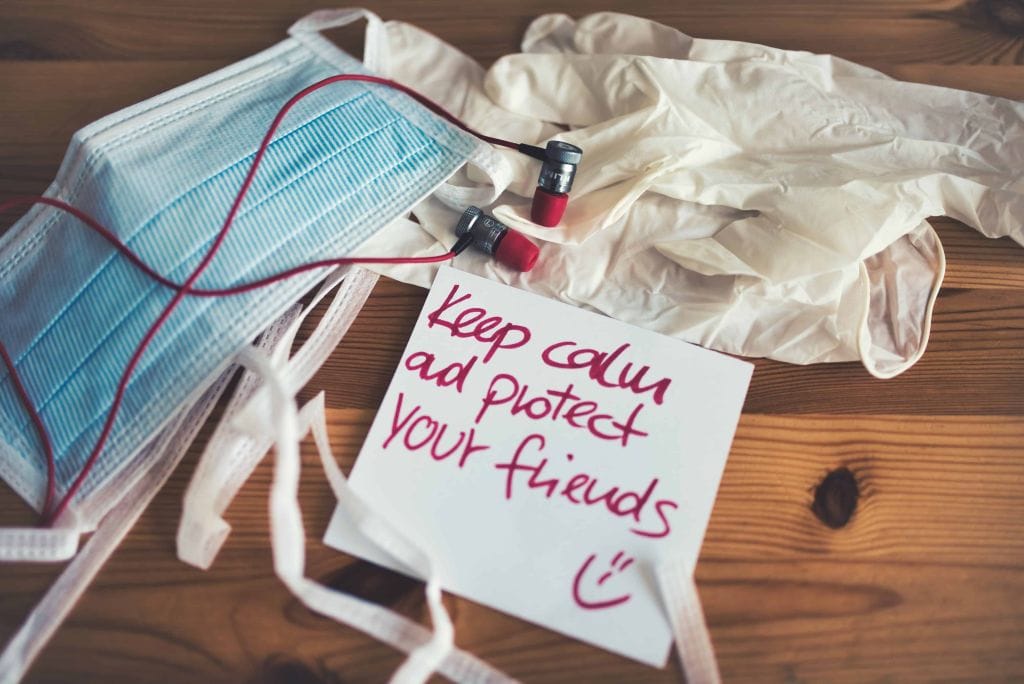
KKM is noncommittal at this point. Its FAQ says:
Q: How long is the period of protection provided by the Covid-19 booster?
The duration of protection afforded by the booster cannot be determined at present because the evidence and information is still insufficient.
Q: What is the frequency of receiving the Covid-19 booster?
Based on the latest information, one dose of the booster is sufficient.
This means that at this point, it is still uncertain if more booster shots will be required in the coming months/years.
Countries mandating booster shots
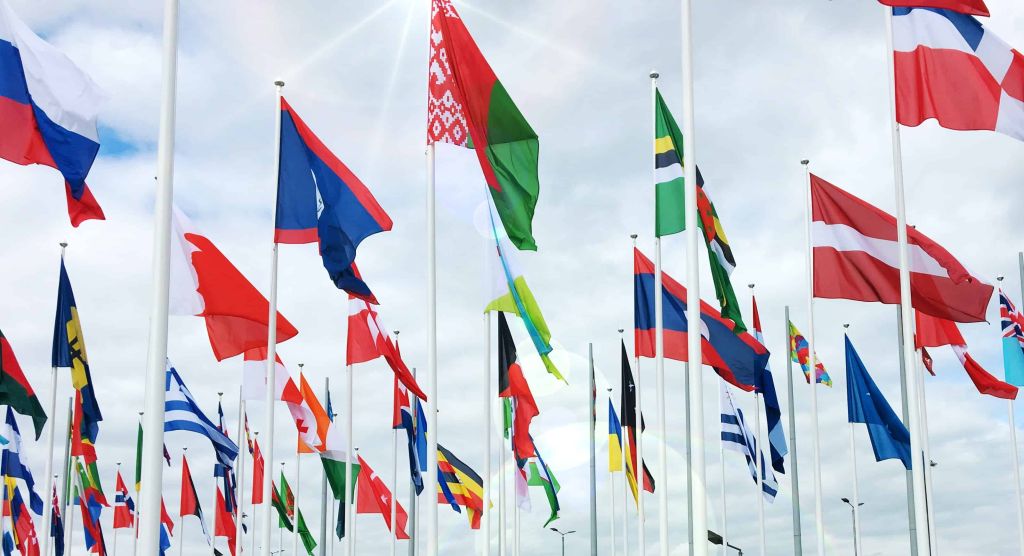
France

Furthermore, new requirements may be implemented in France on February 14. It appears that you will need a booster dose if four months have passed since your final dose. Authorities have yet to clarify if you need to be boosted within four months of travel or if a booster is required after those initial four months.
Greece

Anyone over the age of 60, including tourists, will now be required to get their booster shot else they will not qualify for the vaccine passport. The Greek Prime Minister is also asking the EU to ensure that the booster shots are made mandatory if travellers want to use the EU’s digital health pass in the future.
Abu Dhabi

Kuwait

Saudi Arabia

You may also be interested in these articles:

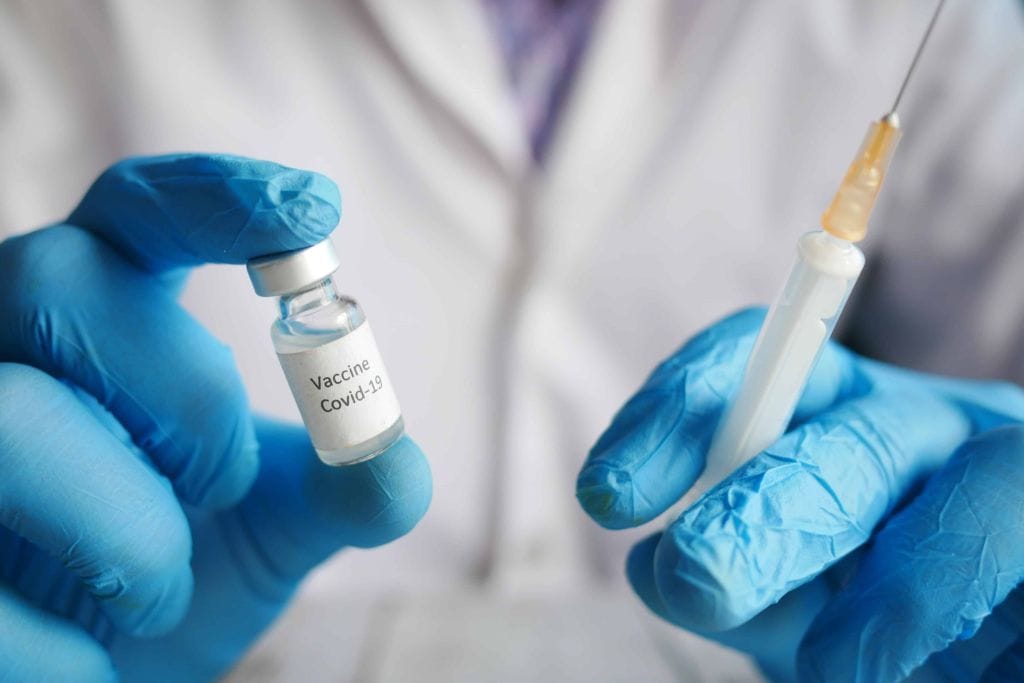 What are booster shots?
What are booster shots?